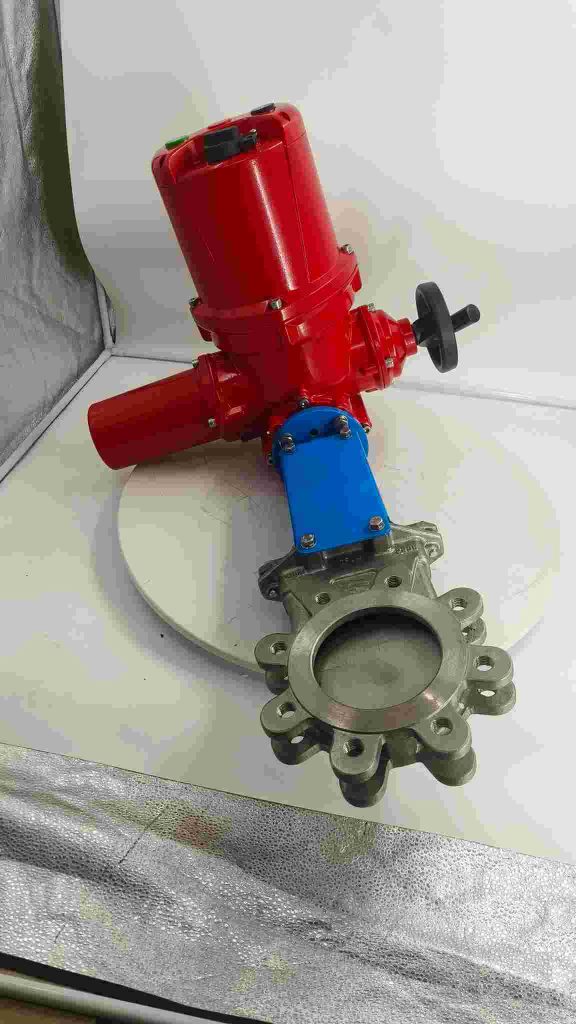As the world increasingly shifts toward sustainable energy solutions, hydrogen energy has emerged as a promising candidate for a clean and efficient energy source. One of the critical components in the infrastructure needed to harness hydrogen as a power source is the hydrogen energy electric gate valve. This article delves into the importance of this valve in the context of hydrogen energy systems, its working mechanism, and its role in ensuring safety and efficiency within the hydrogen distribution network.

What is a Hydrogen Energy Electric Gate Valve?

A hydrogen energy electric gate valve is a specialized valve designed to control the flow of hydrogen gas within a pipeline or system. Unlike traditional valves, the electric gate valve is operated using electrical energy rather than manual or pneumatic systems. It integrates electric actuators to open or close the valve, allowing for precise control over hydrogen flow. This feature is particularly valuable in modern energy applications where automated systems and remote monitoring are becoming increasingly important. These valves are particularly vital in hydrogen energy systems because of the unique properties of hydrogen as a fuel. Hydrogen is a highly flammable gas, and its handling requires specialized equipment to avoid potential risks, such as explosions or leaks. The electric gate valve plays a key role in ensuring that the gas is safely and efficiently transported, stored, and utilized.

Leave a Reply